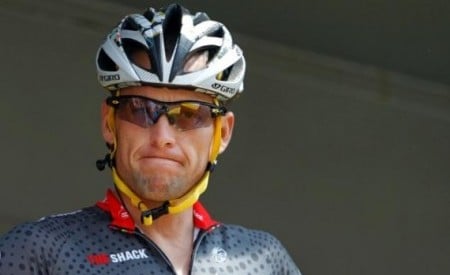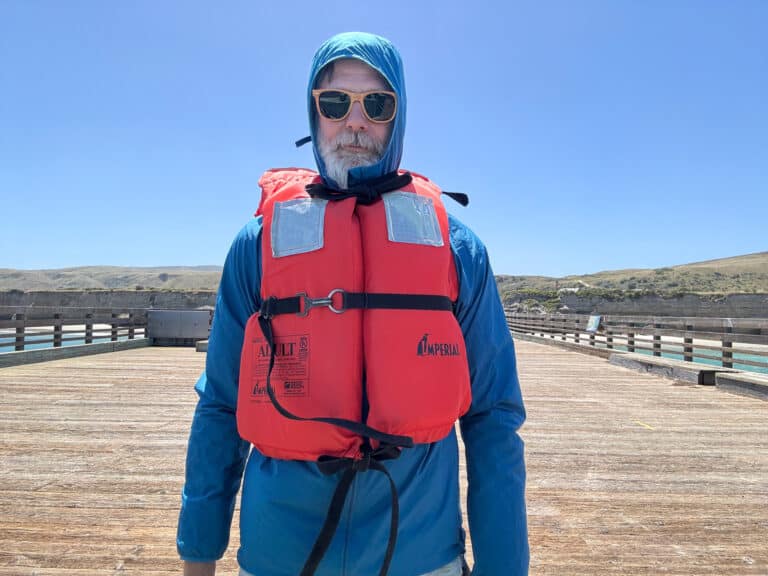I’ve reluctantly come to accept a painful truth: Lance cheated. I denied the lie for as long as I could. I wanted to hold out for the hero who had inspired me. I didn’t want to see the cheat beneath the champion. But I can’t fool myself any longer. If you’re innocent of a crime, you don’t say you’re guilty just because you’re tired of controversy. You fight to the end. Lance should know that better than anyone.
But before I add Lance to the scrap heap of other fallen heroes like Barry Bonds, Marion Jones, and Mark McGwire, I have to accept another painful truth: Lance cheated because of me.
I am a sports fan who cheers for home runs, world records, and hard-hitting, bone-crushing tackles. I want my team and my athletes to win. I continue to attend professional sports games, even though I know half of the players out there are dopers. I vote with my beers, hot dogs, and season tickets for more steroids in sports.
I cheer for American athletes like Lance, even when he is taking performing-enhancing drugs, because it would be unpatriotic—and, let’s face it, uncool—to cheer for the little guy in the back of the peloton who is playing by the rules and getting dropped by the pack.
Who can blame Lance for cheating? The stakes have never been higher. Athletes are better trained than ever before. Competition has never been more intense. Prize money and endorsements have never been more lucrative. Fans like me are funding it. We get what we pay for.
Lance cheated because we wanted him to. We wanted him to win, at any cost. That American mindset infiltrates more than our sports. We want our Wall Street bankers to cheat the system to keep our investment returns in the double digits. We want our politicians to cheat if it means cheaper gas at the pump.
If we want our heroes to stop cheating, we have to stop cheating ourselves. We have to hold our heroes to higher standards than just earning the top spot on the podium. We have to cheer for honesty, integrity, and second place. That’s not easy for winner-take-all Americans to do. It’s even harder for my four-year-old son to grasp. Last month, we watched the Olympic 800 meter race, cheering for American Nick Symmonds to catch Kenyan David Rudisha. Symmonds made a late surge but couldn’t reel him in down the final straightaway. Symmonds ultimately finished fifth, but he beamed as brightly as the Kenyan gold medalist.
“Why is he so happy?” my son asked. “He didn’t even get a medal.”
“He ran his fastest time ever.”
“Oh.” He thought for a moment, and then asked, “So I don’t have to win to be happy?”
Then he went outside and pretended to be Nick Symmonds, stumbling across the finish line, digging deep for his best, even if it wasn’t the best, and finishing with a smile on his face.
That’s a hero I can be proud of.








